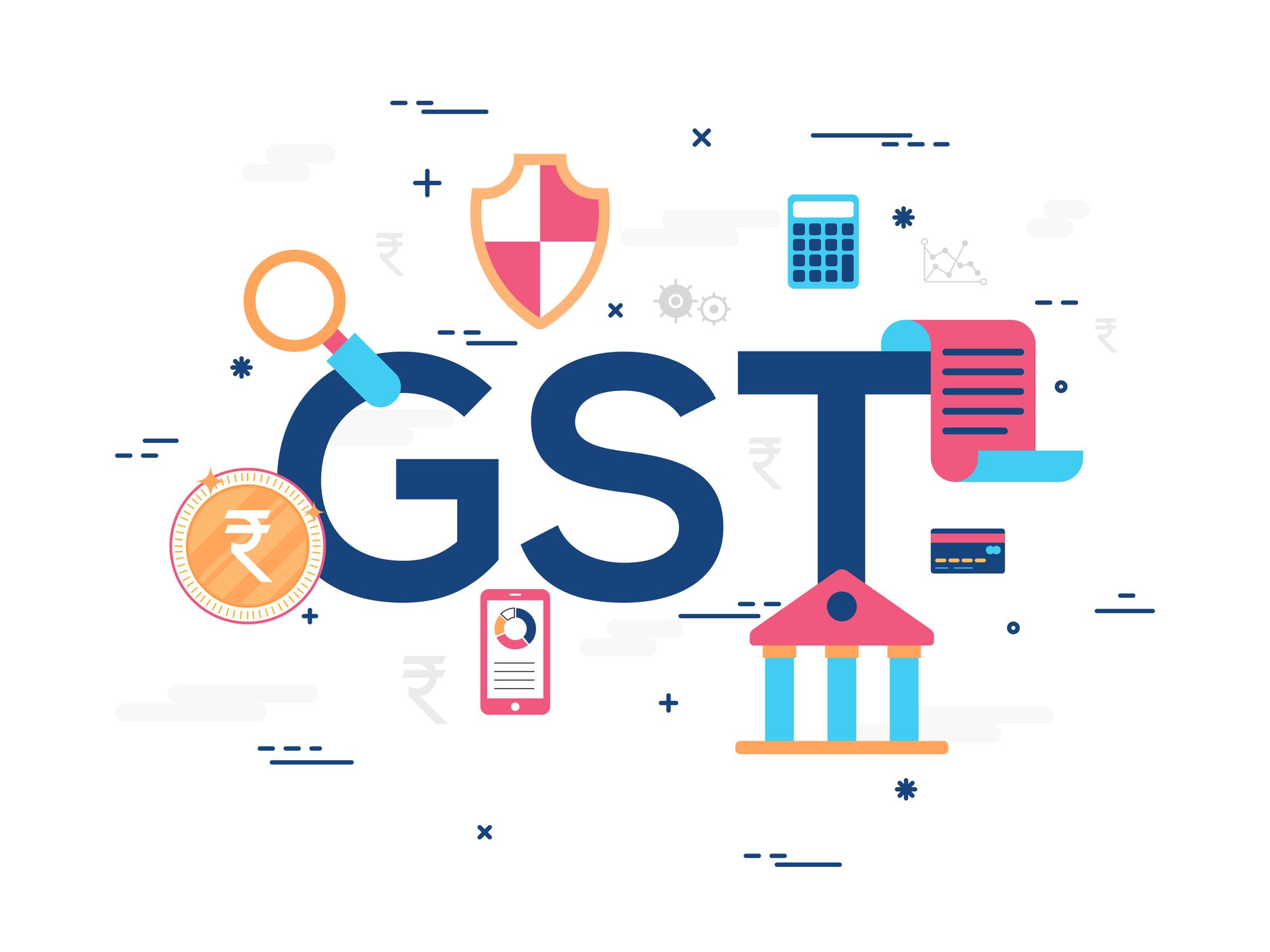Streamlining Your Singapore GST Registration: A Detailed Approach
Streamlining Your Singapore GST Registration: A Detailed Approach
Blog Article
The Ultimate Guide to Streamlining the GST Registration Process and Requirements for Local Business Owners

Comprehending GST Fundamentals
To understand the principles of the Goods and Services Tax (GST) system, tiny business proprietors have to initially comprehend its underlying implications and concepts. Under the GST regime, organizations are required to sign up and accumulate tax on part of the federal government, making certain openness and compliance.
One of the vital principles of GST is input tax obligation credit score, which permits organizations to claim credit score for taxes paid on their acquisitions. This mechanism avoids the plunging impact of tax obligations and promotes effectiveness in the tax obligation system. In addition, GST is a destination-based tax obligation, indicating that the tax obligation is levied at the factor of intake instead of the point of beginning. This guarantees fair distribution of tax earnings amongst states based upon where the products or services are eaten. Recognizing these fundamental concepts is vital for local business proprietors to browse the complexities of the GST system and make certain compliance with the regulation.
Eligibility Requirements for Registration
Having actually established a foundational understanding of GST principles, small service proprietors have to currently meet details qualification standards to wage the registration procedure. In India, entities involved in the supply of products or solutions with a yearly accumulation turnover going beyond Rs. 40 lakhs (Rs. 10 lakhs for unique category states) are called for to sign up for GST. Additionally, specific businesses such as those associated with inter-state supply of goods, informal taxed individuals, and those called for to pay tax obligation under the reverse cost device need to register for GST irrespective of their turnover. Services that were signed up under the previous tax obligation regime (VAT, service tax, and so on) are additionally mandated to sign up under GST. Nonetheless, farming services that just supply generate out of main production are exempt from GST registration. It is essential for company owner to thoroughly assess their eligibility based on these requirements to guarantee compliance with the law and prevent any type of charges for non-compliance.
Records Needed for GST Enrollment

Simplified Enrollment Refine Steps
Following the collection and verification of the requisite files, the registration procedure for GST can be navigated via a collection of streamlined steps designed to assist in effective conformity for little service owners. The primary step entails seeing the GST website and picking the 'New Enrollment' alternative. Subsequently, the candidate should fill out Component A of the GST REG-01 type with information such as frying pan, mobile number, and email address to obtain an OTP for confirmation. As soon as the OTP is received and gone into, a Short-term Referral Number (TRN) is generated for more proceedings. The following action needs completing Part B of the kind with necessary organization details, posting sustaining records, and finishing the verification process making use of DSC or EVC. Upon effective verification, an Application Referral Number (ARN) is released, suggesting the conclusion of the GST enrollment process. By adhering to these streamlined steps, local business proprietors can efficiently register for GST and ensure compliance with tax obligation regulations.
Tips for Ensuring Conformity
To maintain regulatory adherence and functional stability, diligent oversight and aggressive procedures are essential in making sure compliance with GST demands for local business owners. Small company proprietors should stay updated with GST laws, filing due dates, and any type of modifications in tax obligation rates to prevent penalties and keep an excellent standing with tax obligation authorities. One essential suggestion for conformity is to maintain in-depth and precise documents of all transactions, consisting of invoices, billings, and costs connected to GST. Routinely fixing up financial records with GST returns can aid in identifying and rectifying any kind of disparities promptly. In addition, conducting routine inner audits or seeking specialist support can guarantee that business is following all GST regulations appropriately. It is view website additionally crucial for tiny business proprietors to buy GST-compliant accounting software application that can streamline the tax obligation declaring procedure and reduce mistakes. Attending GST recognition workshops or training programs can enhance understanding and compliance with GST laws, ultimately profiting the organization in the lengthy run.
Final Thought
To conclude, small company owners have to comprehend the fundamentals of GST, meet the eligibility standards, gather required papers, and adhere to the simplified registration procedure actions to guarantee compliance. By streamlining the GST enrollment procedure and requirements, small company owners can more helpful hints stay clear of penalties and operate their organizations efficiently within the lawful structure - Singapore GST Registration. It is critical for local business proprietors to stay enlightened and compliant with GST laws to maintain a successful organization procedure
Tiny organization proprietors looking for GST registration need to ensure they collect and submit the essential papers to finish the enrollment procedure efficiently. The documents needed for GST registration usually consist of proof of company registration or incorporation, PAN (Irreversible Account Number) card of the service entity, identification and address proof of the promoters/partners/directors, pictures, address evidence of the area of company, bank account declarations or canceled cheques, and permission forms. Participating in GST awareness workshops or training programs can boost understanding and conformity with GST regulations, inevitably benefiting the organization in the lengthy run.
By simplifying the GST registration procedure and needs, small business proprietors can prevent fines and run their businesses efficiently within the legal framework. It is critical for tiny service owners to remain compliant and enlightened with GST policies to this website preserve a successful company operation.
Report this page